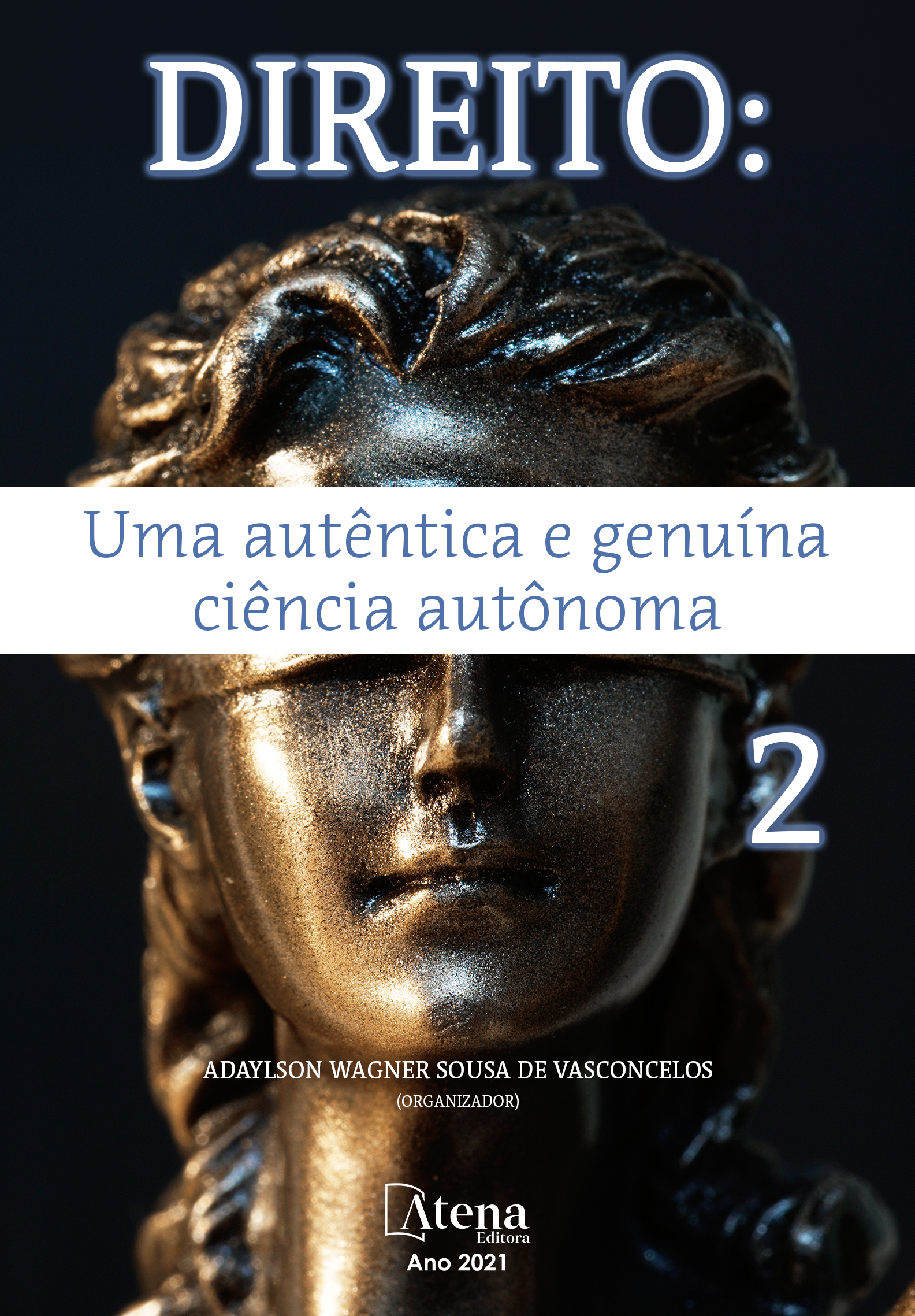
INTERDIÇÃO E TEORIA DA (IN)CAPACIDADE À LUZ DO ESTATUTO DA PESSOA COM DEFICIÊNCIA E DO CÓDIGO CIVIL
O Estatuto da Pessoa com Deficiência teve sua promulgação em 06 de julho de 2015. A partir de sua vigência, novos instrumentos legais restaram disponíveis em nosso ordenamento jurídico, a fim de promover a igualdade, a dignidade, a acessibilidade e a liberdade das pessoas com deficiência. O presente estudo abarca as principais inovações e modificações trazidas por esse Estatuto, o direito intertemporal, o status do curatelado e a análise das questões relativas aos processos findos e aos processos futuros de interdição. O Estatuto (Lei 13.146/2015) é fundado nas noções do direito civil constitucional, posicionando a pessoa humana no centro das preocupações do Direito. A amplitude do alcance de suas normas representou uma significativa conquista social, ao instaurar um sistema normativo que visa a inclusão, ainda que, para operar no cenário social, necessite se valer de institutos protetivos e de assistência, tais como a curatela e a tomada de decisão apoiada.
INTERDIÇÃO E TEORIA DA (IN)CAPACIDADE À LUZ DO ESTATUTO DA PESSOA COM DEFICIÊNCIA E DO CÓDIGO CIVIL
-
DOI: 10.22533/at.ed.4542101101
-
Palavras-chave: Deficiência. Curatela. Estatuto da Pessoa com Deficiência.
-
Keywords: Desability. Trusteeship. The Statute of Disable Person.
-
Abstract:
The Statute of Disabled Persons was enacted on 6th July 2015. From then on, newly legal measures became available to promote equality, dignity, accessibility and liberty for the deficient persons. This essay presents the main innovations and modifications brought by the Statute, as well as the its transitory provisions, the trusteeship status and the other matters regarding past and future lawsuits concerning interdiction. The Statute (Act 13.146/2015) is based on constitutional civil law, setting the human being as the center of the Law. The wideness of the legal dispositions were seen as an important social development, once it established a juridical system that aims social inclusion and count on measures for protection and assistance, such as the trusteeship and the rendering of supported decision.
-
Número de páginas: 37
- Willian Lovison


